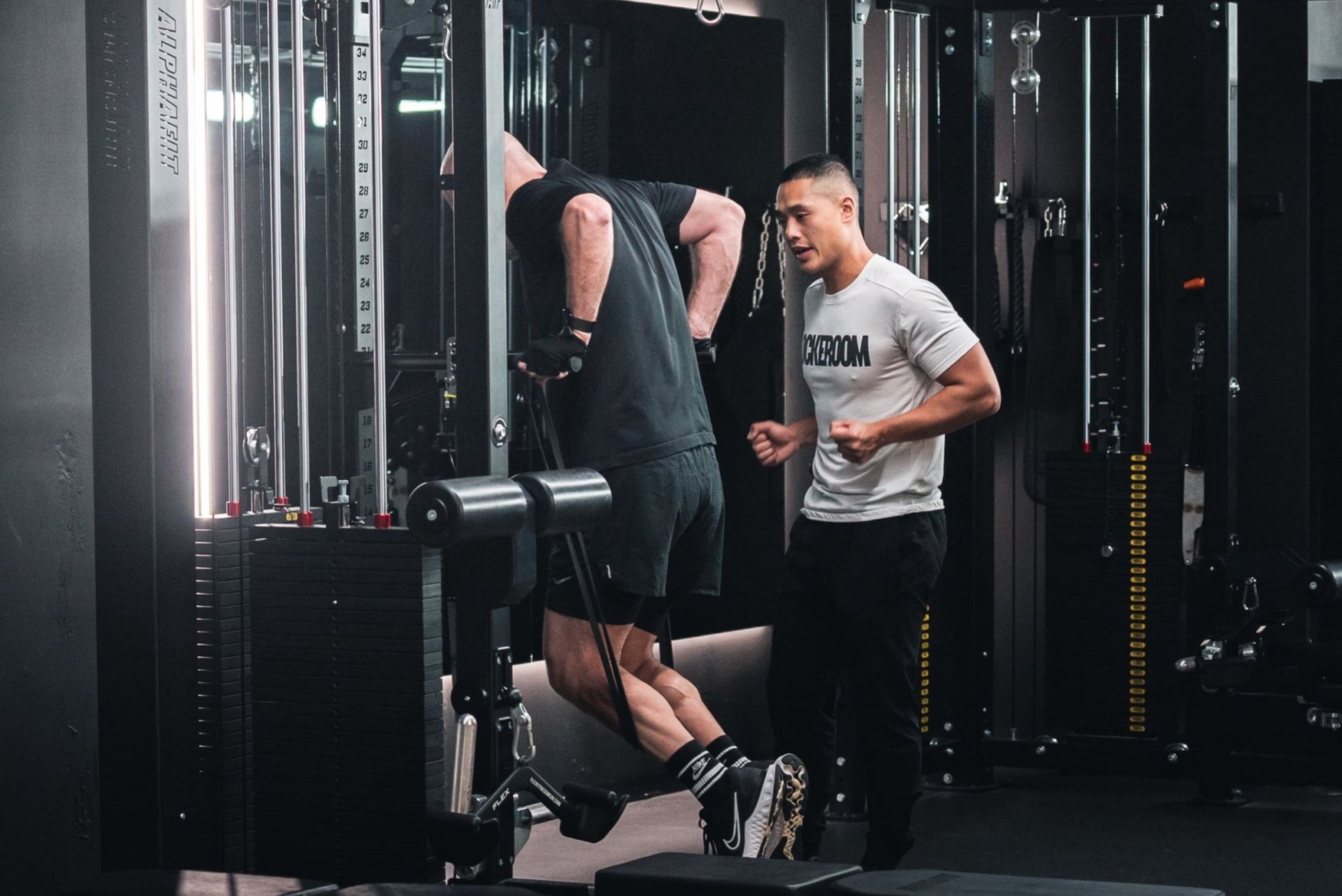How To Choose The Right Personal Trainer
A saturated market spruiking all sorts – cut through to what really matters and align with a personal trainer set to deliver results.
Perhaps one of the most important decisions when it comes to your health and fitness is choosing the right personal trainer. Poor guidance doesn’t just mean poor results — it’s a missed opportunity to really excel in muscle building, fat loss and overall physical performance.
It’s much like finding a good accountant – you want a personal trainer who you can trust, who you can work with for many years and see compounding results.
Let’s get into the main things you need to consider when choosing the right personal trainer.
1. Experience vs Qualifications
Experience and qualifications are very different thing. I’d take well-rounded personal trainer with experience over a long list of qualifications every day of the week. Training clients is such a personal and complex skill, it takes thousands of hours to apply theory correctly across a broad range of clients from which a good personal trainer will learn only from doing. Qualifications are a great way to determine how invested the personal trainer is in their own education or if they perhaps have a specialised interest like gymnastics or CrossFit.
2. Do They Walk The Talk
It seems pretty obvious but how does the personal trainer look? Are they in shape? Are they fit?
Sometimes this can be hard to judge because a lot of personal trainers are in shape, yet are more genetically gifted than others and don’t have to work as hard to maintain it. A good judge of this besides the cover is to get an understanding of what they like to do outside of work. Do they play sport? Are they active on weekends? Do they enjoy cooking healthy meals? Essentially do they live the lifestyle they preach.
3. Communication Skills
The vast majority of personal trainers work for themselves which makes them their own boss, no manager setting systems and protocols. Find a personal trainer who takes their job seriously as a full time career — the best judge of this is the clarity and timeliness of their communication.
As a rule, our personal trainers at Sydney’s Lockeroom must be in contact with clients every 24 hours, at a minimum, Monday-Friday. Why? Because health in the beginning is a huge 24/7 lifestyle overhaul and personal trainers need to have constant and regular follow-ups to hold clients accountable. This is one of the most important, yet also most overlooked, aspects required to getting good results.
4. The Client List
Discover who else a personal trainer has worked with and look for clients similar to yourself. Don’t hire a personal trainer who specialises in 25-year-old female shift workers if you’re a 55-year-old CEO
Finally, make sure the personal trainer is able to show you previous results — transformation photos are a great starting point and Google reviews can also go a long way too.
5. What’s The Price?
Now this is critical for a few reasons. Even if money isn’t a limitation, how a personal trainer prices themselves can tell you a lot about what you should expect from their service.
Let’s start with personal training session packages. Any personal trainer who’s worth their salt knows results take time. Any personal trainer who’s selling anything less than a 6-month commitment isn’t serious about getting you a result. This isn’t tech, this is fitness – results can only go so fast, don’t fall for the quick fix.
And so to price point. $50-80 is entry level, $80-120 is experienced, $120-150 is top class, $200+ is either a complete rip off or a VERY rare ‘world-class’ personal trainer. Also, don’t hustle on price. Trying to get bulk discounts is in fact asking a chosen personal trainer to devalue their work — it’s not fair to them and it shows a lack of commitment to go all in on your side. Pay the fee and do the work.

